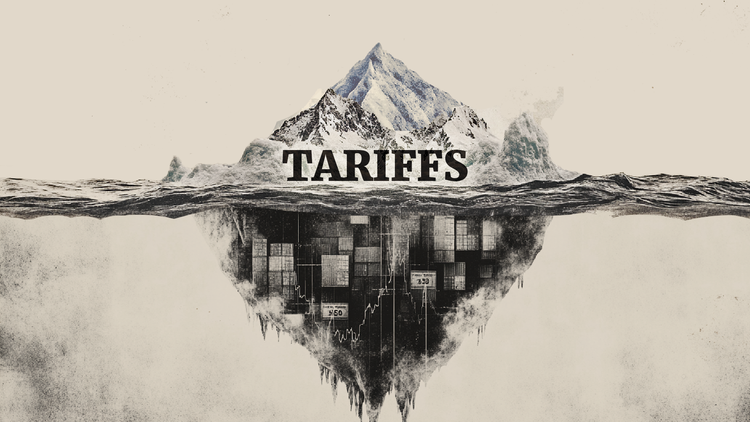US Court Delivers Blow to Trump-Era Tariffs—Trade Wars Get a Tech-Savvy Twist

Judges just dropped the hammer on legacy trade tactics. A federal court smacks down Trump’s tariffs, proving even protectionism has an expiration date.
Meanwhile, Wall Street still can’t decide if trade wars are ’good and easy to win’ or just another excuse to charge 2% management fees on nervous money.
US court blocks Trump’s “Liberation Day” tariffs
Reuters reported on Wednesday that the US Court of International Trade had blocked Trump’s reciprocal tariffs that were announced on the so-called “Liberation Day.” The court ruled that the president overstepped his authority by imposing across-the-board duties on imports from US trading partners.
“The Court of International Trade said the U.S. Constitution gives Congress exclusive authority to regulate commerce with other countries that is not overridden by the president’s emergency powers to safeguard the U.S. economy,” reports Reuters.
The three-judge panel issued a permanent injunction on the blanket tariff orders issued by Trump since January and ordered to issue new orders reflecting the permanent injunction within 10 days. The Trump administration has appealed the decision.
Markets reacted positively to this news, with the US dollar (USD) strengthening and global equities rising due to Optimism surrounding reduced trade frictions. However, risky assets such as Bitcoin failed to recover and dipped slightly on Wednesday after reaching a new all-time high of $111,980 the previous week.
What next?
The Kobessi Letter on Thursday highlights that if the Court of International Trade’s ruling on reciprocal tariffs is upheld, “all tariffs collected since April 2 WOULD need to be refunded.”
The report assumes that this refund would cost roughly $10 billion of tariff revenue since 2024 levels, including the 10% baseline tariff on all countries as well as the higher rates imposed on certain countries.
“The US would owe China alone a refund of roughly $3.5 billion,” says Kobessi analyst.
Looking at the short-term outlook for Bitcoin, the decision could be positive as it helps improve market sentiment due to reduced trade tensions. However, traders should be cautious of price volatility.

